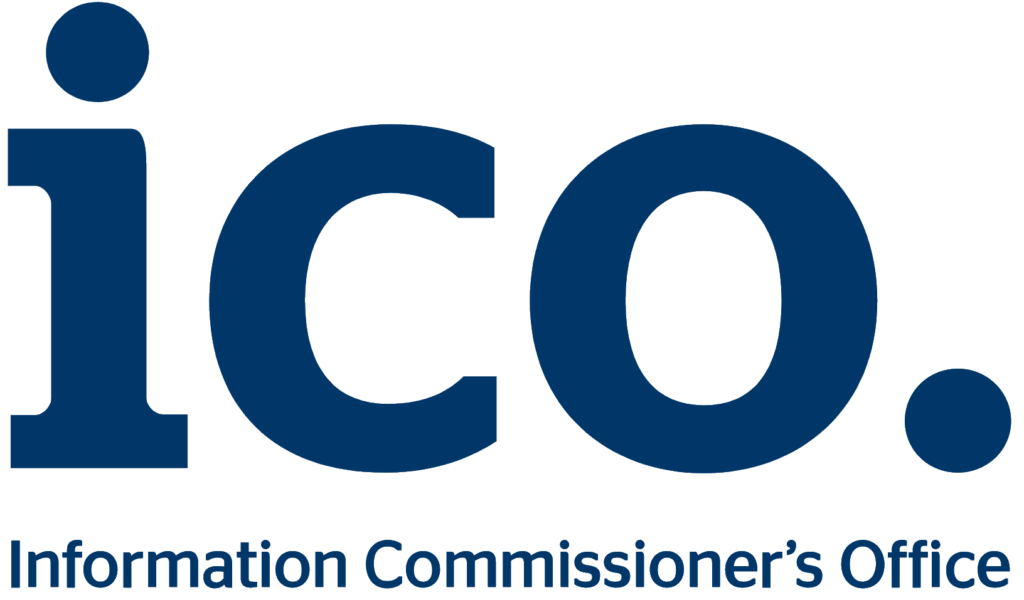In 2002 the Commonhold and Leasehold Reform Act gave residents of flats new ways to control the management of their properties and opened the door to Residents management companies.
There are many uses for this arrangement, chief of which is that residents unhappy with landlord management can take on more property upkeep responsibilities.
Notably, a residents management company is slightly different from a similar arrangement called a right to manage company. While their purpose is similar, there are subtle differences that affect what the two groups are responsible for. Residents management companies may also be known as property management companies, flat management companies, and freehold management companies.

Residents Management Company Definition
A residents management company is a non-profit organization that is formed by residents in a block of flats who want to take over the management and maintenance of the building they are living in.
In this arrangement, each resident becomes a shareholder in the company which then manages the freehold of the entire building. As each resident owns one share per flat, ownership is distributed equally, and if a resident sells their flat, their share automatically passes to the buyer, so control of the building remains the same.
Typically, the company will become responsible for communal areas, grounds, walls, roofs, hallways, gates, security features, and other amenities. The company may also deal with collecting service charges and arrange for services such as cleaning, decorating, and window cleaning, and it may be charged with paying insurance, maintenance costs, professional fees, and taxes.
How Do You Form a Residents Management Company?
There are a number of essential components to a residents management company. They include:
- An appropriate name, which is usually the name of the property followed by “Management Company Limited.”
- The address of the property.
- The name and details of the director, and a list of shareholders.
- A registered office, which can be virtual.
- A memorandum and article of association.
How do you become a Director ?
While all shareholders have an equal stake in a residents management company, the company’s director has additional duties. Those duties are spelled out in the company’s articles of association and they can be significant, particularly for someone who does not have any experience managing a property.
Directors should be familiar with what the building’s leases call for and should make sure the company complies with landlord and tenant law. They should also be comfortable with policing and enforcing obligations on the leaseholders, such as maintaining the interior of their own properties and paying service charges. A director does not have to be a resident — a professional managing agent can be appointed to carry out these functions.
Those considering becoming a director should consider taking out a liability insurance policy to protect themselves against any mistakes they may make. Directors should also:
- Act within the powers of the company.
- Act in good faith to promote the success of the company on behalf of the shareholders.
- Exercise independent judgement.
- Avoid conflicts of interest.
- Turn down any benefits or first from third parties.

Who Runs the Residents Management Company?
Typically, besides a director, a residents management company will also have a chairperson, treasurers, and secretary.
Becoming a Member of a Residents Management Company
Unlike directors, members generally play a hands-off role in management of the property. Their main role may be in the appointment or removal of directors. However, leaseholders do have specific rights, including rights that can come into play when extending a lease, buying the freehold, and right of first refusal. In addition, rights include consultation on major works, consultations on long-term agreements, challenging service charges, challenging administration fees, and the right to complain about a property manager.
How Is a Residents Management Company Different From a Property Manager and a Right to Manage?
Flat owners may not wish to form a company, and instead a property manager may be called upon to manage the building.
A property manager is a paid position and in charge of collecting rent, marketing the property, finding and screening new residents, evicting residents, and conducting move-in and move-out inspections.
Right to manage, meanwhile, was also created under the Commonhold and Leasehold Reform Act of 2002. This arrangement also allows leaseholders to take over the management of their building, and this can happen even if the landlord is ambivalent or opposed to the move. A right to management company has to adobe specific articles of association and must be a limited by guarantee company, where leaseholders become members of the company rather than shareholders.
Leaseholders wanting to form a right to manage don’t have to prove fault on the part of the existing landlord, and that landlord also has a right to be a member of the company.
If you buy a flat rather than a house you may have little say about whether you want to be a member of a residents management company. That said, owning a leasehold flat should not be a concern as long as you know your rights and obligations, and with a well-written lease and a properly managed building, a leasehold flat should be a perfectly good home and a secure investment.
Do you want to know more about London Block Management? Contact Strangford Management to arrange a free consultation.




